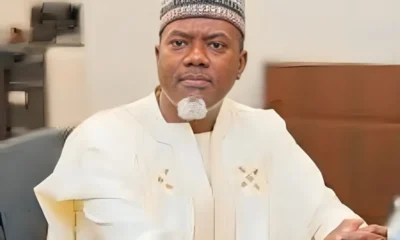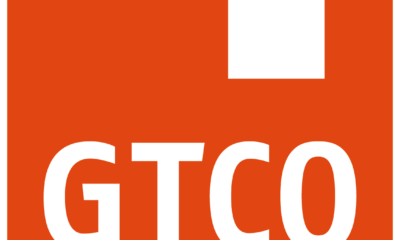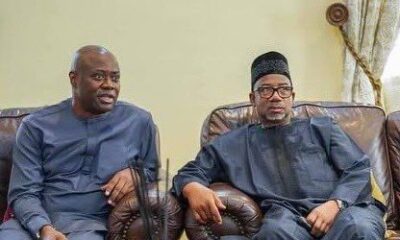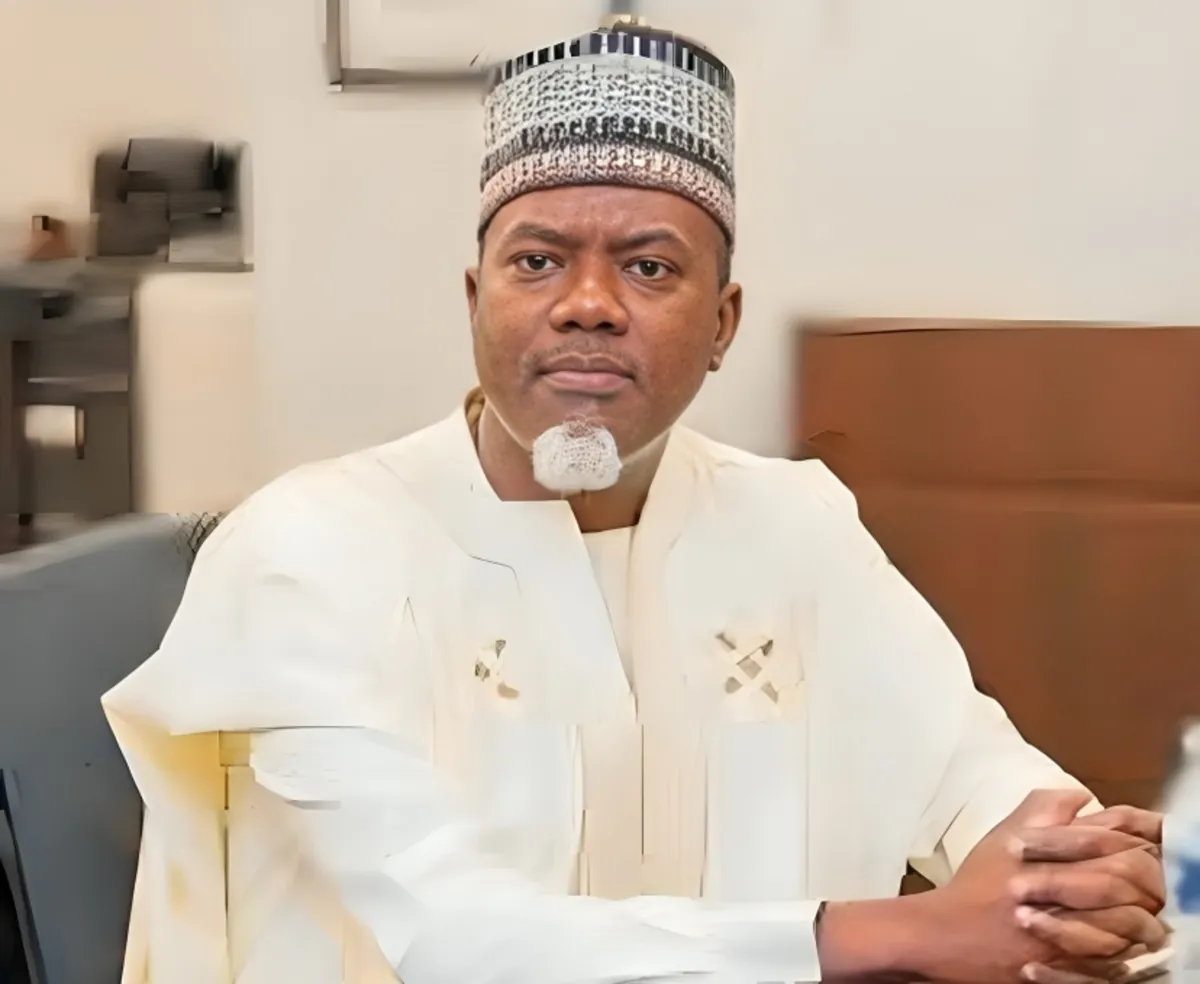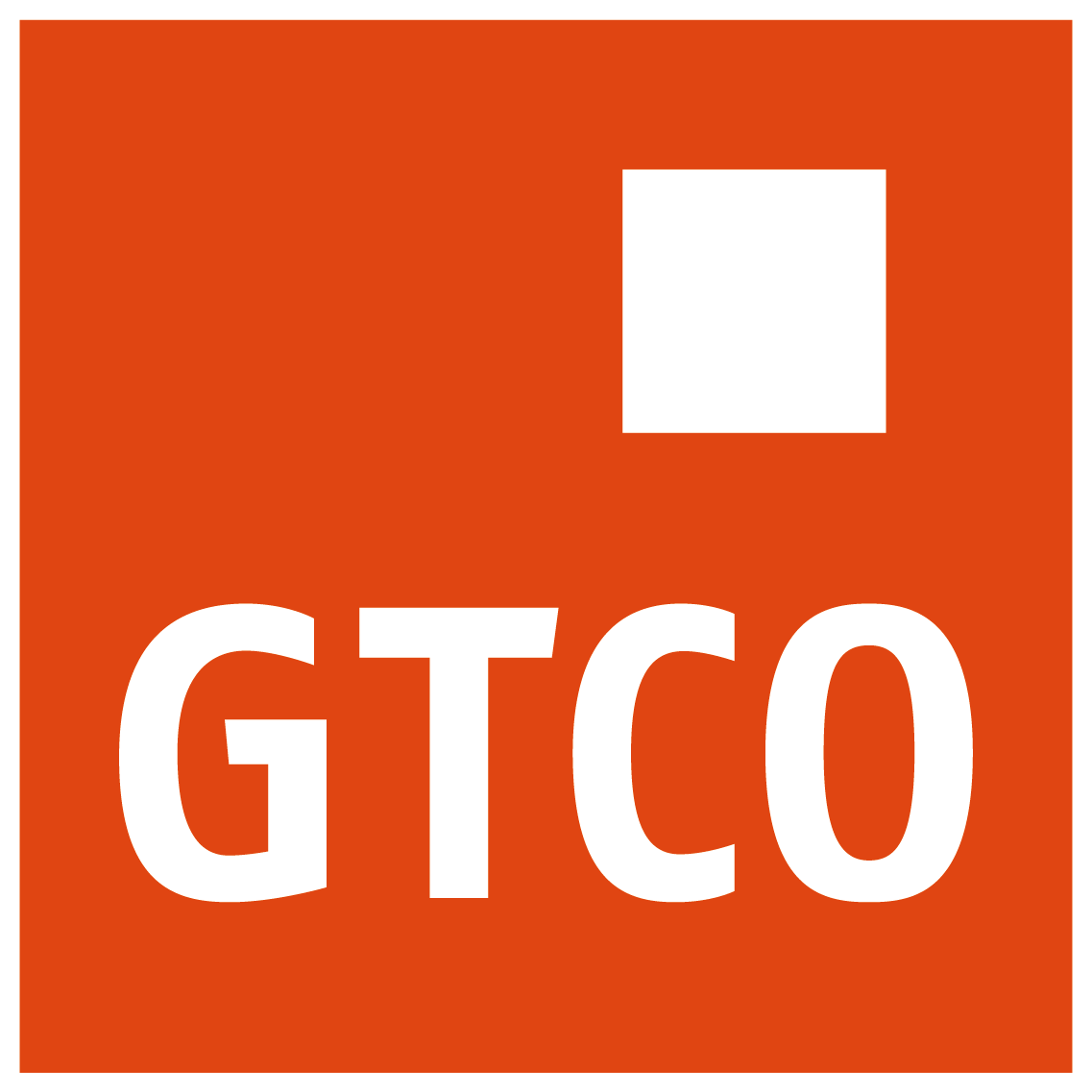Nigeria’s President, Asiwaju Bola Ahmed Tinubu, on Wednesday established a 31-man Presidential Economic Coordination Council comprising himself, the Vice President, Senate President and the Chairman of the Nigerian Governors Forum, among others.
A 19-member Economic Management Team Emergency Taskforce was also formed by Tinubu, who gave them instructions to convene twice a week and produce a detailed six-month plan of economic interventions by 2024.
The Federal Executive Council gave its approval to the Economic Management Team Emergency Taskforce on Monday.
The President ordered that the six-month plan be put into action right away, within two weeks of the EET’s inauguration.
The EET comprises ministers, four governors and some members of the economic management team as well as the private sector.
The EET is to report to the Presidential Economic Coordination Council headed by Tinubu.
The PECC comprises 13 ministers, the Central Bank of Nigeria Governor, Yemi Cardoso, and the Chairman of the Nigeria Governors’ Forum, Governor Abdulrahman Abdulrazaq of Kwara State, among others.
The council also includes 13 persons drawn from the organised private sector including Chairman of Dangote Group, Aliko Dangote; UBA Chairman, Mr. Tony Elumelu; BUA Founder, Abdulsamad Rabiu, among others. The members of the organised private sector would serve on the council for a one-year tenure.
Tuesday’s move is “in furtherance of his administration’s efforts at re-engineering the nation’s economic governance framework,” the Presidency said in a statement signed by Tinubu’s Special Adviser on Media and Publicity, Ajuri Ngelale.
The statement is titled ‘President Tinubu establishes comprehensive economic coordination and planning system for Nigeria.’
It comes weeks after the President created an economic advisory committee comprising the federal government, sub-nationals and the private sector, on February 25.
Upon assuming office 10 months ago, the Tinubu administration discontinued subsidies on petrol, which, he said, would save the government monies for infrastructural expansion.
He also unified the foreign exchange rates to curb currency arbitrage.
However, these moves sparked major instability in the value of the naira and heaped hardship on Nigerians as food prices soared.
In February 2024, N1,900 was exchanged for one USD in the black market.
The naira has recently seen a steady climb against the US dollar, exchanging N1,300/$ at the official market on Wednesday.
Ngelale who announced the economy-focused initiatives said the setting up of the PECC and the EET was a strategic move to ensure robust and coordinated economic planning and implementation to tackle the challenges head-on.
Members of the PECC include President Tinubu as Chairman, Vice President Kashim Shettima as Vice-Chairman; President of the Nigerian Senate; Chairman, Nigeria Governors’ Forum; Coordinating Minister for the Economy and Minister of Finance; Governor of the Central Bank of Nigeria; Ministers of Agriculture and Food Security; Aviation and Aerospace Development and Budget and Economic Planning.
Others include Ministers of Communications, Innovation and Digital Economy; Industry, Trade and Investment; Labour and Employment; Marine and Blue Economy; Power; State, Petroleum Resources; State, Gas; Ministers of Transportation and Works.
Other members representing the organised private sector include Ms. Amina Maina, Mr. Begun Ajayi-Kadir, Mrs. Funke Okpeke and Dr. Doyin Salami, Mr. Patrick Okigbo, Mr. Kola Adesina, Mr. Segun Agbaje, Mr. Chidi Ajaere, Mr. Abdulkadir Aliu and Mr. Rasheed Sarumi.
Tinubu mandated the EET to formulate and implement a consolidated emergency economic plan in “furtherance of the President’s collaborative approach toward achieving economic resilience and growth.”
Members include the Coordinating Minister of the Economy and Minister of Finance who serves as Chairman, Minister of Budget and Economic Planning, Minister of Power, Minister of Agriculture and Food Security, Coordinating Minister of Health and Social Welfare, and Minister of Industry, Trade and Investment.
Others are the Governor of the Central Bank of Nigeria, National Security Adviser, Chairman, Nigeria Governors’ Forum, Governor of Anambra State, and Governor of Ogun State.
The Governor of Niger State, Executive Chairman, Federal Inland Revenue Service, Director-General, Budget Office of the Federation, GCEO, NNPC Limited, Director-General, Nigeria Economic Summit Group, Special Adviser to the President on Energy, Economists, Dr. Bismarck Rewane and Dr. Suleyman Ndanusa are also members.
On the operations of the EET, the Presidency said “Over the next six months, the EET will focus on the rapid implementation, monitoring, and evaluation of critical initiatives, strengthening the Tinubu-led administration’s collective approach to advancing Nigeria’s economic objectives.”
It also revealed that the Economic Management Team, established in October 2023, and chaired by the Coordinating Minister for the Economy and Minister of Finance, Wale Edun, would serve as the working group under the PECC, “playing a crucial role in the economic governance structure established by the president.”
Consequently, the Economic Management Team, which traditionally meets monthly or as required, will suspend all meetings for the duration of the EET’s six-month mandate.
The EMT comprises the Coordinating Minister for the Economy and Minister of Finance, who served as its Chairman, Governor of the Central Bank of Nigeria, Minister of Budget and Economic Planning, Minister of Industry, Trade and Investment, Minister of Communications, Innovation and Digital Economy, Minister of Works, and Minister of Labour and Employment.
Other members are Minister of Agriculture and Food Security, Minister of State, Petroleum Resources, Minister of State, Gas, Minister of Power, Minister of Transportation, Minister of Aviation and Aerospace Development, and Minister of Marine and Blue Economy.
The Presidential Spokesman, Ngelale, noted that, “The Chairman of the EMT may, as needed, call on any Federal Minister or Head of Agency to brief the EMT on key programmes and developments affecting the economy.”
He noted that the President’s formation of the PECC, under his Chairmanship, alongside the creation of the EET, led by the Chairman of the EMT, and the EMT itself, manifests a unified strategy aimed at enhancing Nigeria’s economic management architecture for verifiably improved performance.
“The formation of these teams will complement existing economic governance structures, including the National Economic Council , which is chaired by the Vice-President,” the statement read.

 BIG STORY4 days ago
BIG STORY4 days ago
 BIG STORY2 days ago
BIG STORY2 days ago
 BIG STORY4 days ago
BIG STORY4 days ago
 BIG STORY4 days ago
BIG STORY4 days ago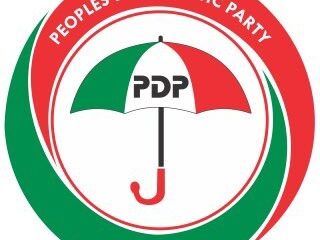
 BIG STORY4 days ago
BIG STORY4 days ago
 BIG STORY2 days ago
BIG STORY2 days ago
 BIG STORY3 days ago
BIG STORY3 days ago
 BIG STORY4 days ago
BIG STORY4 days ago







